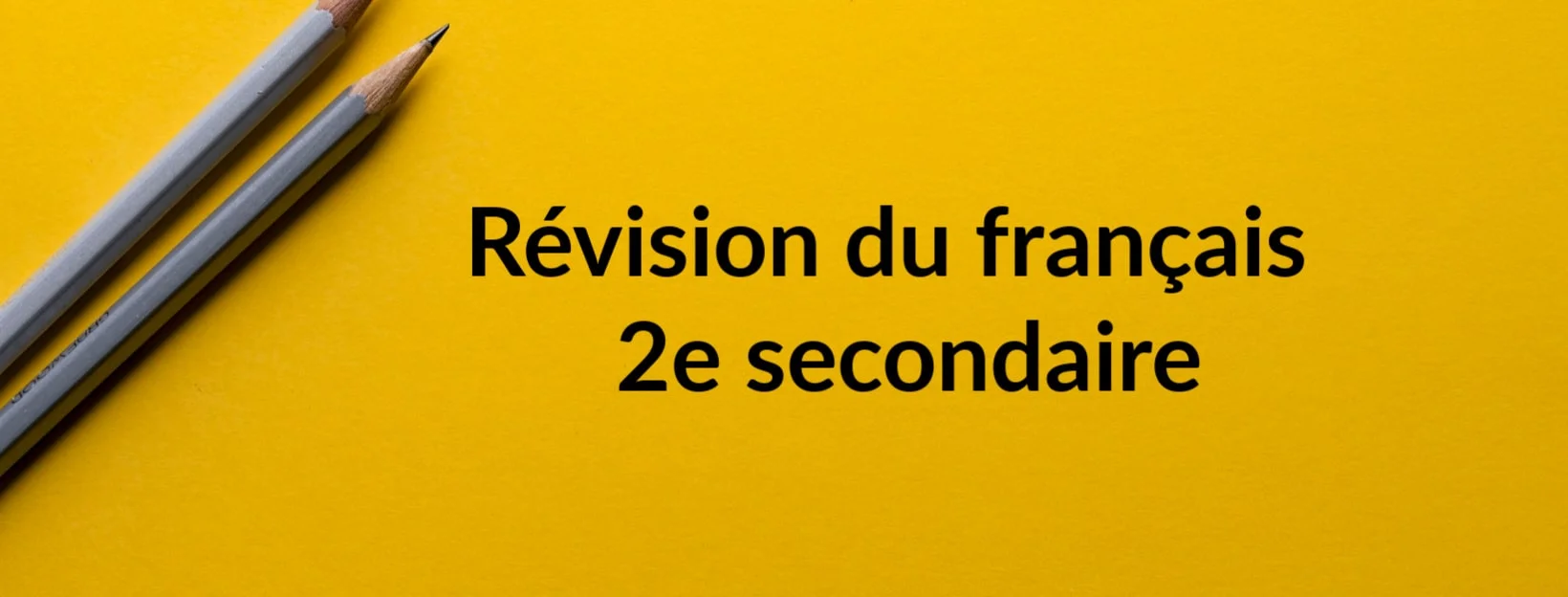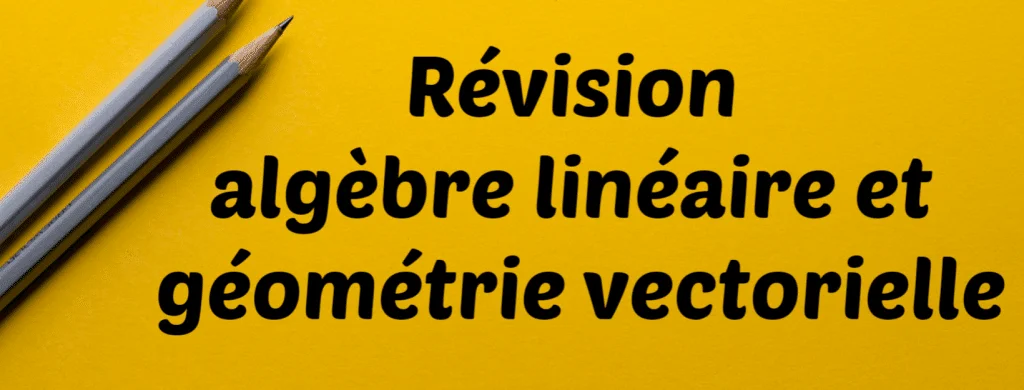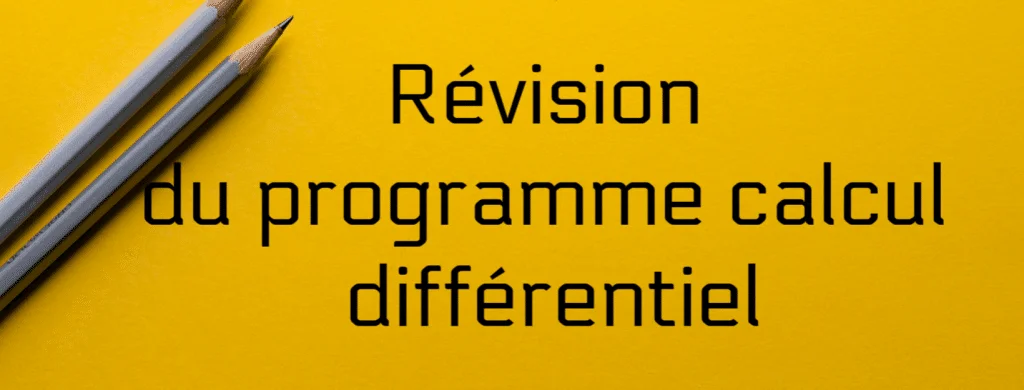The second year of secondary school
And that’s it! The big step has been taken, and secondary school now holds no secrets for you or your child. By the end of their second year, concepts learned in primary school and consolidated at the start of secondary school are now well acquired. In Secondary 2, the learning of French is more elaborate, and simple sentences become more complex. Students learn to perfect their writing and increase the complexity of their reading. They also develop their oral skills. Here’s a revison of French in Secondary 2. This knowledge is in line with the Quebec Education Program, available on the Ministère de l’Éducation et de l’Enseignement supérieur website.
In Secondary 2, students continue to develop their written, oral and reading skills in French. To do so, they will explore fables, stories of various genres, novels (detective or psychological) and poems with a descriptive plot.
The weighting on the report card will be as follows: 40% in reading (reading and appreciating a variety of texts), 40% in writing (writing a variety of texts) and 20% in oral communication (communicating orally in a variety of ways).
In French, your child should be able to :
- Use the right lexicon for nouns of peoples in opposition to the adjective (e.g. un Montréalais/un groupe montréalais).
- Use capital letters in the right places in book titles (Le Petit Prince), works of art (e.g. Ravel’s Bolero) or monuments (e.g. Champlain’s statue). Here’s a link to interactive activities for practicing capitalization.
- Develop a lexical field around words (e.g. tree, forest, nature).
- Use hyphens appropriately, when necessary (e.g. snowboard, lucky charm). Here are a few exercises to get you started.
- Correctly agree a noun preceded by a complex determiner (e.g.: many people, not a leaf, few friends).
- Correctly agree determiners that receive the gender and number of the giving noun (e.g. this girl, these girls, some flowers, their children) and complex determiners (e.g. all women).
- Understand and use metaphor (e.g. André Mathieu, the Quebec Mozart).
- Identify and use relative subordinate clauses beginning with que and dont (e.g. The lady I told you about yesterday).Recognize verb tenses and use them accordingly.
- Recognize and use GPrép and GAdv correctly.
- In Secondary 1, students learned to recognize present tenses of verbs expressing anteriority (passé composé, imparfait, plus-que-parfait), posteriority (futur, futur antérieur, conditionnel présent), and verbs in the past tense (passé simple as the dominant tense), especially in literary texts, for narrating in the past tense) and certain other tenses that revolve around the simple past, either to express anteriority (the plus-que-parfait, the passé antérieur), or to express posteriority (the conditionnel présent) and the passé composé.By the 2nd year of secondary school, these verb tenses must also be mastered in writing.
Reading strategies
Since reading is an important part of Grade 2, here are a few strategies to help students develop their reading skills:
-Orient reading according to intentions and needs (what information should the student extract from the text?)
-Determine how to read (overview or complete reading, taking into account what is required in the assignment).
-Plan one or more ways of noting significant elements (reactions, questions, associations, sources consulted, quotations, unifying concepts).
-Activate general or specific knowledge (of the text and author, for example, and recognize particular effects in the text that enable particular effects to be created).
-Determine the elements to be considered (What is the subject and genre of the text? Who is the author?).
-Anticipate content from clues (back cover, table of contents)
-As you read, identify the information that emerges from the text, its new ideas (What do I learn from reading this text?).
-Develop a lexical field around the theme to identify all related information.
-Draw up a table of all the information that emerges from the text, according to each paragraph.
Finally, here’s a video explaining prepositional groups, how to recognize them and their expansions.
There are also exercises on GPrép and GAdv.
And you’ll find revision exercises to practice all the content taught in French in the second year of secondary school.
This article, written by a speech therapist, gives excellent advice on how to help children develop their writing skills through personal narratives. In this way, they can recall real-life stories and put them down on paper, using relationship markers, for example.
Reading is the key to success in French!
MMES provides you with this site, where you can access digital books, both fiction and non-fiction, written by French-speaking authors from Quebec, Canada and around the world. All you have to do is select Secondary 2 and the desired level of difficulty. You can also enter keywords on themes of interest to your child.
Useful links :
- The following site enables him to create dictations based on the vocabulary common in Secondary 2. As they say, there’s no substitute for practice!
Essential skills for high school:
French in high school :
- Revision of French in Secondary 1
- Revision of French in Secondary 2
- Revision of French in Secondary 3
- Revision of French in Secondary 4
- Revision of French in Secondary 5
- Become a high school French tutor
- Find a French or French as a second language tutor
High school mathematics :
- Revision Secondary 1 mathematics
- Revision Secondary 2 mathematics
- Revision Secondary 3 mathematics
- Revision of the mathematics technico sciences program (TS4)
- Revison of Culture, Society and Technology (CST4)
- Revison of the mathematics and natural sciences program (SN4)
- Revision of the mathematics technico sciences program (TS5)
- Revison of the mathematics natural sciences program (SN5)
-
- Tips to make homework easier
- Becoming a high school math tutor
- Find a math tutor
- Find an algebra tutor
- Find a science tutor
- Find a biology tutor
- Find a physics tutor
- Find a chemistry tutor
Secondary 4 History
English as a second language in secondary schools :
-
- Secondary Cycle 1 English as a Second Language
- Secondary Cycle 2 English as a Second Language
- Become an ESL tutor at the secondary level
- Tips to make homework easier
Reference :
-
- Ministry of Education and Higher Education of Quebec http://www.education.gouv.qc.ca/enseignants/pfeq/secondaire/
- http://www.education.gouv.qc.ca/fileadmin/site_web/documents/education/jeunes/pfeq/PFEQ_francais-langue-enseignement-premier-cycle-secondaire.pdf













